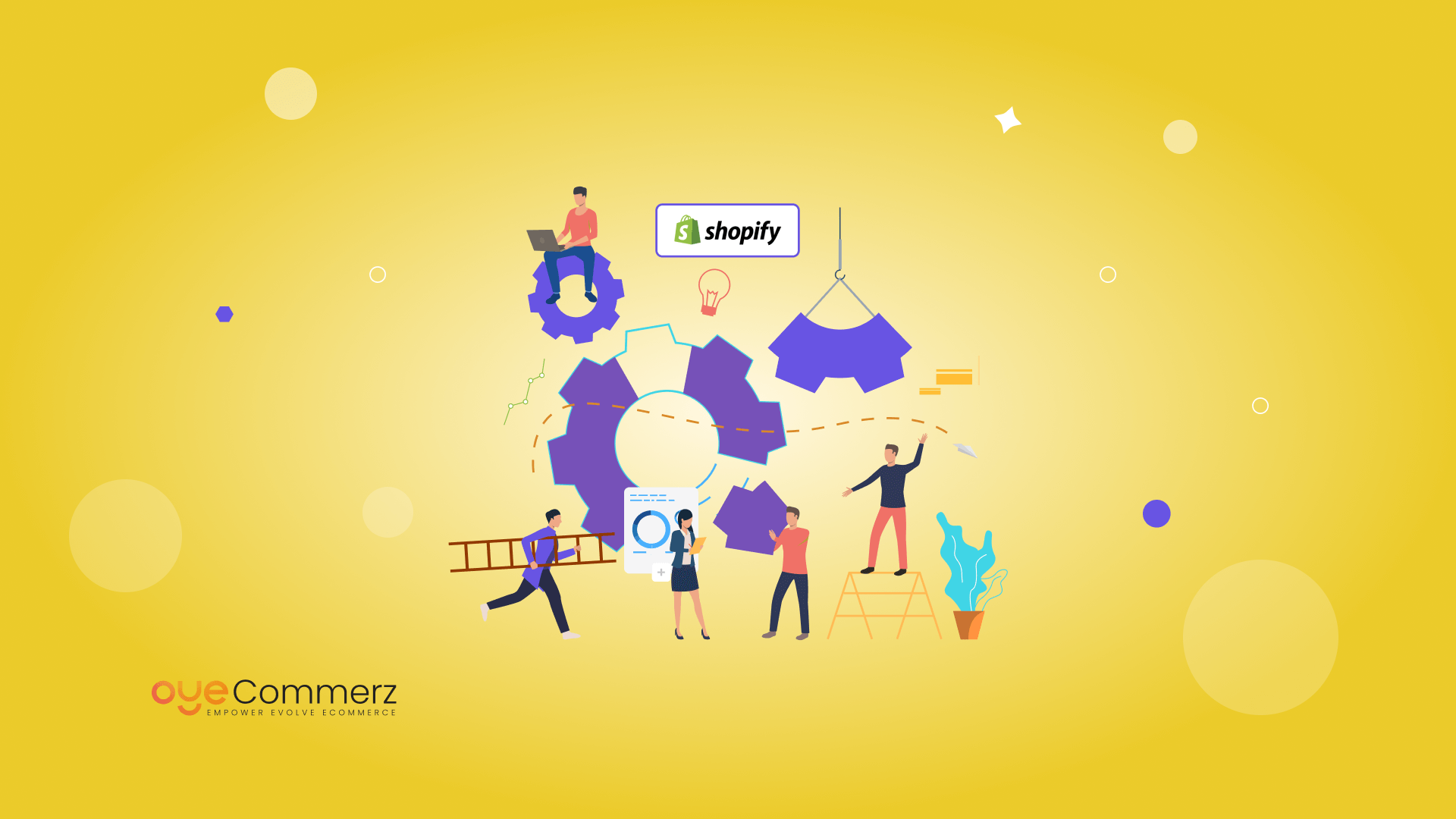Overview
In today’s competitive e-commerce environment, standing out is essential, and one of the best ways to set apart a Shopify store is through custom app creation. A well-built Shopify app can boost store functionality, streamline operations, and boost customer engagement. This guide delves into key aspects of Shopify app development, covering API integration and app ecosystem to scaling strategies and digital marketing approaches, offering a roadmap for companies seeking superior store performance.
Why Shopify API Integration Matters
Shopify’s API offers robust tools to personalize and expand store capabilities. With GraphQL and REST APIs, developers can retrieve information to build applications that handle inventory management, order processing, and customer information management seamlessly. Integrating Shopify’s API can enable improved workflow automation and allows stores to serve customers more efficiently.
Adopting the Polaris Design System
Shopify’s Polaris is Shopify's design system for creating user-friendly and easy-to-use Shopify apps. By following Polaris guidelines, developers guarantee that apps seamlessly integrate within the Shopify Admin experience. This ensures a cohesive look and feel that resonates with Shopify merchants, encouraging usability and familiarity for merchants using your custom app.
Understanding the Shopify App Ecosystem
The Shopify app ecosystem provides numerous opportunities for enhancing online stores. From handling order fulfillment to boosting customer engagement, apps in this environment are designed to meet diverse business needs. Learning about this ecosystem helps developers in identifying unique app ideas and enables seamless integration of third-party services that enhance the store.
Developing Embedded Shopify Apps
Embedded apps integrate directly within the Shopify Admin, allowing a seamless experience for merchants. They allow merchants don’t have to leave their Shopify dashboard, streamlining their workflow. Employing Shopify App Bridge and embedded app features is a best practice for providing a cohesive, integrated user experience.
Leveraging Node.js and React for Shopify Development
Node.js and React have become Shopify Admin customization top options for Shopify app development. This server-side framework enables high-performance back-end services, while React enables interactive and adaptive front-end design. Together, they offer an strong framework for creating speedy, scalable Shopify apps that enhance store performance and customer interaction.
Utilizing Webhooks in Shopify Development
Webhooks enable instant data updates between Shopify and an outside application. They trigger events such as order creation or inventory updates and send instant notifications to your app. By implementing webhooks, apps can provide up-to-date information to store owners, simplifying processes and increasing efficiency.
Customer Engagement and Digital Marketing for Shopify Apps
To make a Shopify app successful, engaging customers is key. Using online marketing techniques like SEO, email marketing, and social outreach can increase app usage. Additionally, creating applications with customer interaction as a focus (e.g., loyalty programs or personalized recommendations) increases user loyalty and satisfaction.
Scaling Your Shopify App
As e-commerce businesses grow, so do their technological needs. Ensuring that your app can scale to handle increased traffic, larger data sets, and more advanced functionalities is critical. By improving server capacity and using scalable technologies, you can develop apps that grow in tandem with a store’s success.
Important Features and Maintenance Tips for Shopify Apps
For an app to be useful, it should include essential features like user authentication, dashboard analytics, and support channels. Regular app upkeep, with updates to fix bugs and ensuring compatibility with new Shopify features, is vital to ensure uninterrupted performance and avoid interruptions to merchant workflows.
Summary
Custom Shopify app development holds vast potential for e-commerce Shopify custom app businesses, offering the ability to enhance performance, streamline processes, and build customer relationships. With API integrations and Node.js to focusing on scalability and customer engagement, creating a Shopify app requires thoughtful preparation and strategic execution. If you’re ready to unlock your store’s full potential, a custom Shopify app may be the ideal solution. What features do you see for your dream application? Share your thoughts and begin the journey to an optimized e-commerce experience!
